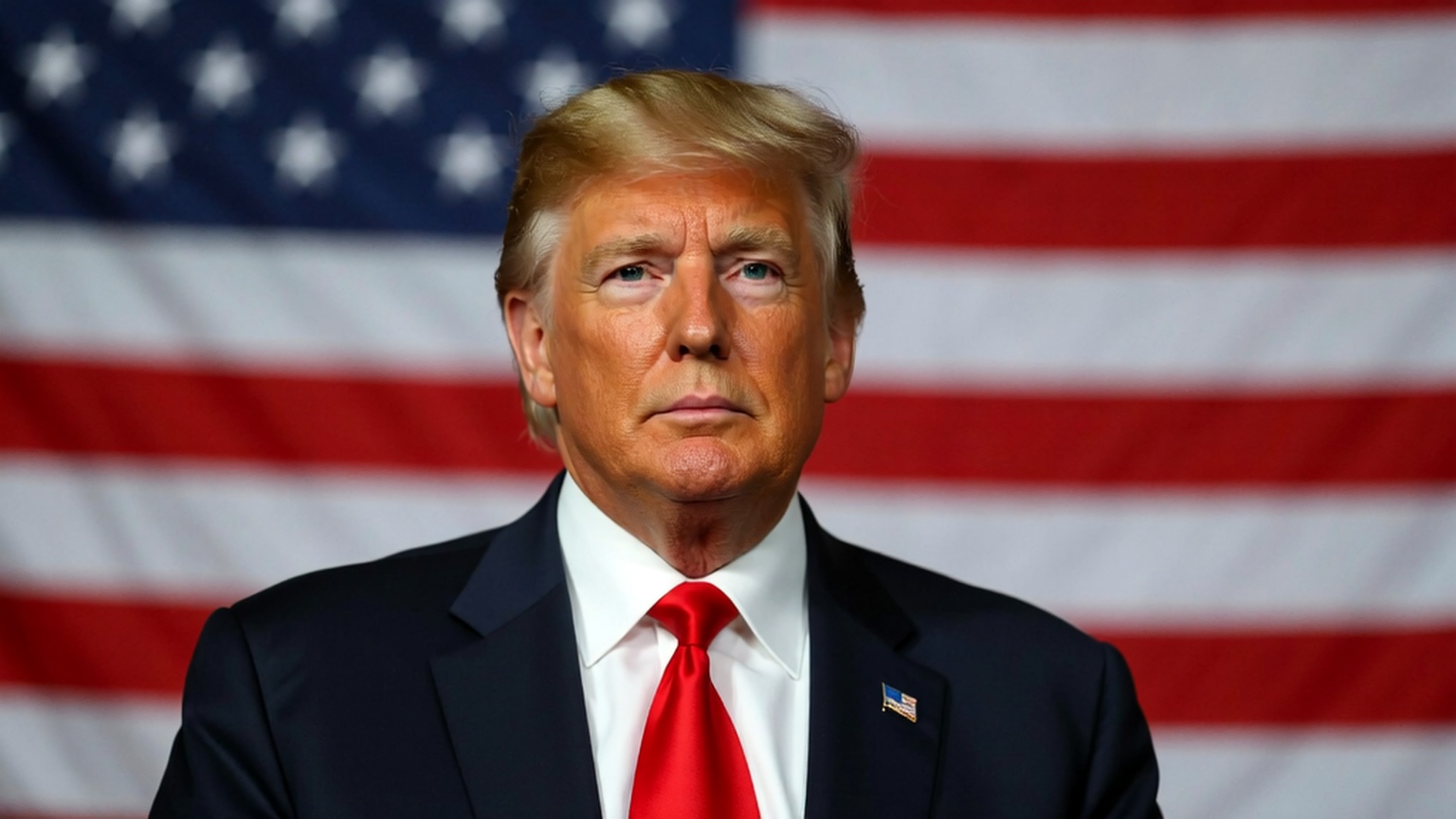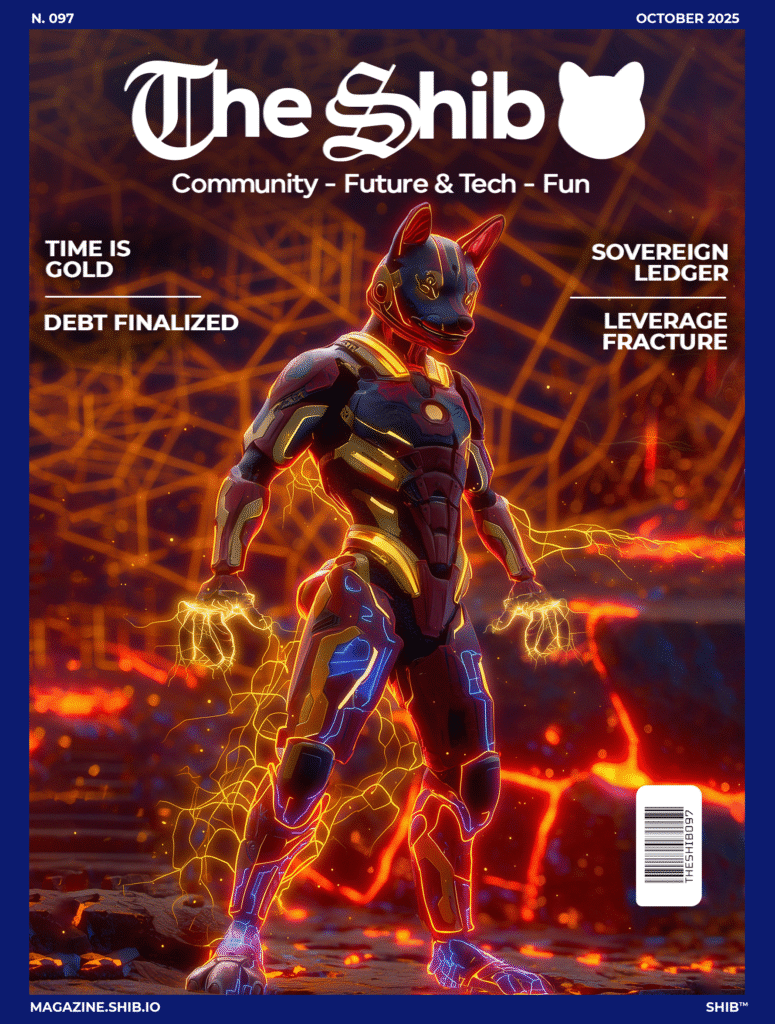President Donald Trump has officially declared that the United States is engaged in a trade wаr with China, following his recent threat to impose a 100% tariff on all Chinese imports.
Key Points
- President Donald Trump has officially declared that the United States is engaged in a trade war with China, following his recent threat to impose a 100% tariff on all Chinese imports
- is in an active trade war with China after threatening a 100% tariff on all Chinese imports, calling tariffs vital to national security
- The announcement triggered a steep crypto market drop, with Bitcoin falling from around $121,560 to below $103,000 following Trump’s social media post
Key points:
- President Trump confirmed the U.S. is in an active trade war with China after threatening a 100% tariff on all Chinese imports, calling tariffs vital to national security.
- The announcement triggered a steep crypto market drop, with Bitcoin falling from around $121,560 to below $103,000 following Trump’s social media post.
- Ongoing trade wars tensions have disrupted multiple sectors, including Bitcoin mining, where new tariff structures and regulatory pressures are driving up costs across Asia.
When asked by White House reporters whether the United States was preparing for a trade conflict with China, President Trump responded, “Well, we’re in one now.” He went on to emphasize that tariffs serve as a crucial safeguard for the nation, arguing that withоut them, the U.S. would have no defense, and describing the measures as vital to protecting America’s national security.
A social media post by President Trump last Friday appeared to trigger a sharp downturn in the crypto market, with Bitcoin plunging from around $121,560 to below $103,000 within hours. The drop followed Trump’s statement that he would implement a 100% tariff on China, responding to Beijing’s recent decision to tighten export controls on rare earth minerals crucial for semiconductor production.
Related: Industry Celebrates the New $70M Domain Mogul But His Crypto Shadows Linger
Earlier this week, U.S. Treasury Secretary Scott Bessent condemned China’s trade practices during a press briefing on global trade relations, calling Beijing’s export restrictions “unacceptable.” Bessent asserted that the United States and its allies “will not be dictated to” by what he described as “a group of bureaucrats in Beijing.” “Make no mistake, this is China versus the world,” Bessent stated.
Trade war tensions have rippled across multiple industries, including the cryptocurrency sector. In August, Bitcoin miners faced mounting costs and heightened regulatory pressure, with potential disputes involving U.S. Customs and Border Protection (CBP) posing substantial financial risks for domestic operators.
Related: Crypto Titans Bunker Down Now: Vitalik’s Austerity Vow, Binance $1B Bitcoin Shield
The ongoing U.S.-China trade friction has further complicated the tariff framework for Bitcoin mining hardware. At the time, the White House revised duty rates across several Asian nations, setting tariffs at 57.6% for equipment imported from China and 21.6% for machinery sourced from Indonesia, Malaysia, and Thailand.
As bоth nations double down on protectionist measures, economists warn that the escalating trade standoff could reshape global supply chains and redefine the balance of economic power. For now, markets remain volatile, and the world is watching to see which side blinks first.












